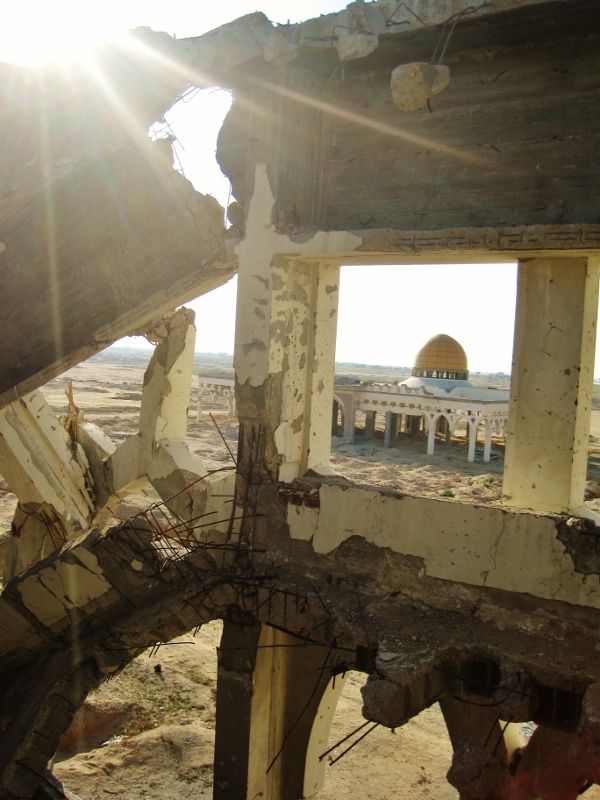Tag: Rafah
-
The Gaza Strip is closed and more besieged than ever
18th October 2013 | 3deVuit, Maria del Mar Fernández | Gaza, Occupied Palestine Israel continues to maintain a full, tight closure by land, sea, and air, on the only coastal enclave left to Palestine. This has become even worse since July, as the Egyptian government closes the Rafah crossing on a regular basis and has destroyed many…
-
Remembering Rachel Corrie
19th March 2013 | International Solidarity Movement, Nablus , Occupied Palestine Team Nablus On March 16th 2013, the International Solidarity Movement was joined by the International Women’s Peace Service and the Tanweer Center in commemorating the death of Rachel Corrie – an American peace activist and former member of the ISM. Rachel was killed in…
-
Tom Hurndal, RIP
12 January 2013 | International Solidarity Movement Tom was 21 years old when he was shot. A photography student, he had left the UK to volunteer as a ‘human shield’ in Iraq. Here he heard about the ISM, one of whose volunteers, Rachel Corrie, had just been killed by a bulldozer whilst protesting house demolitions…

